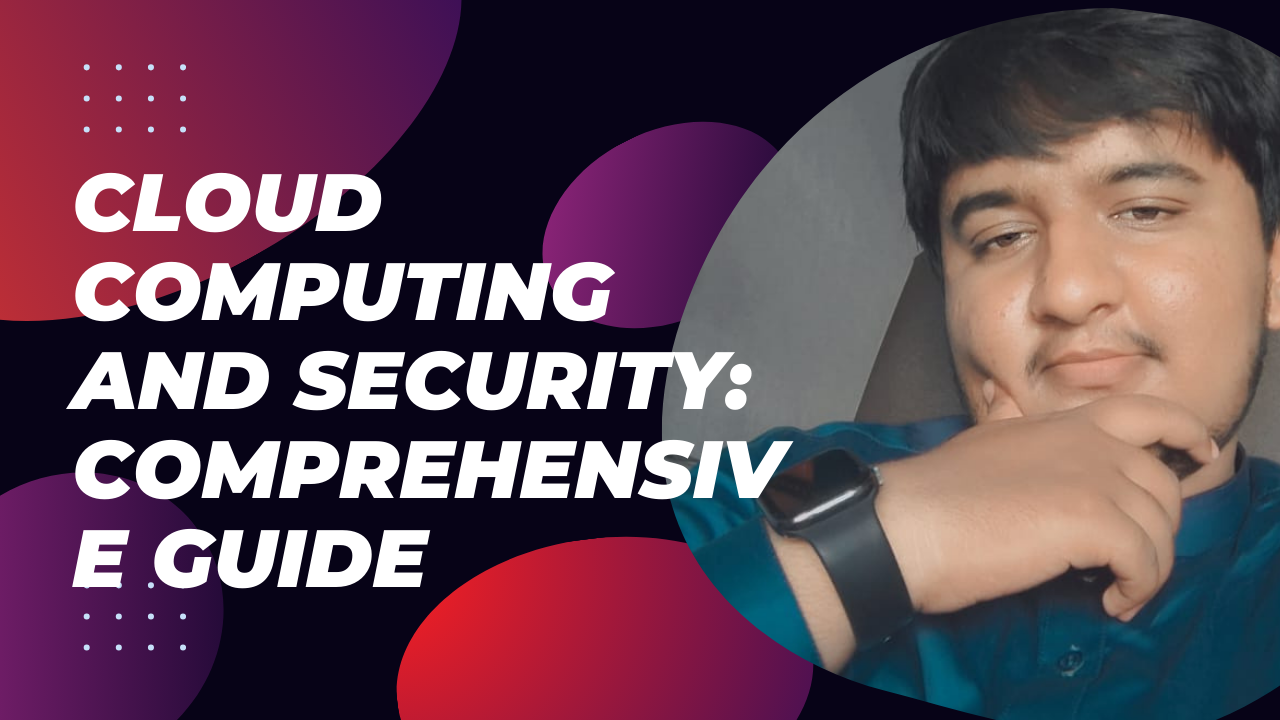Skip to content
Introduction
- Definition of Cloud Computing: Understanding cloud computing and its core concepts.
- Importance of Cloud Computing: How cloud computing is transforming industries.
- Overview of Security in Cloud Computing: The significance of security measures in cloud environments.
Types and Categories of Cloud Computing
- Public Cloud: Characteristics and benefits of public cloud services.
- Private Cloud: Advantages and use cases of private cloud solutions.
- Hybrid Cloud: Combining public and private clouds for optimal results.
- Community Cloud: Shared cloud resources among organizations.
Cloud Service Models
- Infrastructure as a Service (IaaS): Core features and examples.
- Platform as a Service (PaaS): Key benefits and applications.
- Software as a Service (SaaS): Popular SaaS applications and their impact.
Key Features of Cloud Computing
- Scalability: How cloud computing supports business growth.
- Cost Efficiency: Reducing IT costs with cloud solutions.
- Accessibility: Anytime, anywhere access to cloud resources.
- Disaster Recovery: Ensuring business continuity with cloud-based disaster recovery.
Security in Cloud Computing
- Data Protection: Techniques for safeguarding data in the cloud.
- Identity and Access Management (IAM): Controlling access to cloud resources.
- Compliance and Legal Issues: Navigating regulatory requirements in the cloud.
- Threat Detection and Mitigation: Identifying and responding to security threats.
Common Security Risks in Cloud Computing
- Data Breaches: Preventing unauthorized access to sensitive information.
- Insider Threats: Addressing security risks from within the organization.
- Insecure Interfaces and APIs: Securing cloud interfaces and APIs.
- Account Hijacking: Protecting cloud accounts from being compromised.
Cloud Security Best Practices
- Encryption: Implementing encryption to protect data.
- Regular Audits and Monitoring: Continuously monitoring cloud environments.
- Access Controls: Establishing strict access controls.
- Security Training and Awareness: Educating employees on cloud security.
Benefits of Cloud Computing
- Operational Efficiency: Enhancing productivity with cloud services.
- Collaboration: Enabling seamless collaboration across teams.
- Innovation: Driving innovation with cloud-based tools.
- Sustainability: Reducing environmental impact with cloud computing.
Challenges in Cloud Computing
- Security Concerns: Addressing security challenges in the cloud.
- Cost Management: Managing costs associated with cloud services.
- Interoperability: Ensuring compatibility between different cloud platforms.
- Vendor Lock-In: Avoiding dependency on a single cloud provider.
Latest Innovations in Cloud Computing
- Artificial Intelligence (AI) and Machine Learning (ML): Leveraging AI and ML in the cloud.
- Edge Computing: The rise of edge computing and its impact.
- Serverless Computing: Benefits of serverless architectures.
- Quantum Computing: The future potential of quantum computing in the cloud.
Future Prospects of Cloud Computing
- Growth Trends: Predictions for the future of cloud computing.
- Emerging Technologies: New technologies shaping the cloud landscape.
- Market Opportunities: Exploring new business opportunities in the cloud market.
Case Studies
- Successful Cloud Implementations: Real-world examples of cloud computing success.
- Lessons Learned: Insights from organizations that have transitioned to the cloud.
Expert Insights
- Interviews with Cloud Experts: Perspectives from industry professionals.
- Future Trends According to Experts: Predictions from cloud computing experts.
Conclusion
- Summary of Key Points: Recap of cloud computing and security essentials.
- Call to Action: Encouraging further exploration and implementation of cloud solutions.
FAQs about Cloud Computing and Security
- What is cloud computing?
- How secure is cloud computing?
- What are the different types of cloud computing?
- How can I ensure my data is safe in the cloud?
- What are the benefits of using cloud computing for my business
